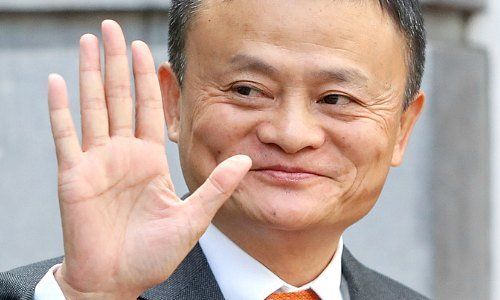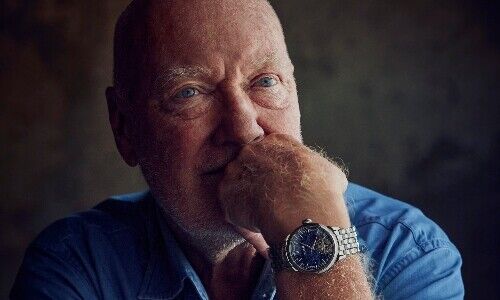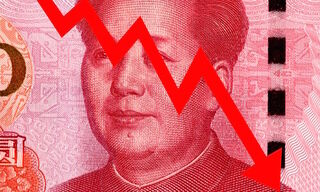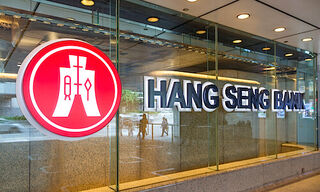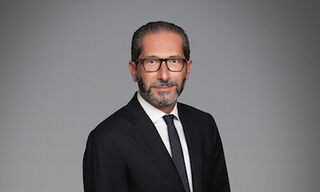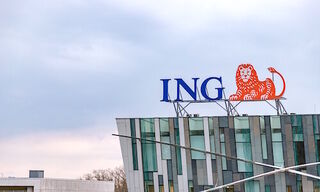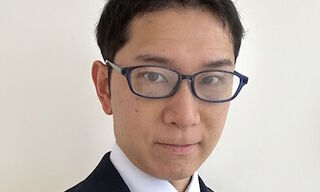What does the apparent retirement of China's wealthiest man, Alibaba co-founder Jack Ma, really signal to the country's wealthy?
By Shruti Advani, Guest Contributor finews.asia
An English teacher builds an industry-leading technology company and amasses a $40 billion fortune along the way only to have a change of heart and return to education – renouncing his leadership responsibilities and place in the spotlight in one fell swoop. Pretty unbelievable even as far as modern day fairytales go.
What then does one make of Chinese tech billionaire Jack Ma’s apparent decision to retire from his Alibaba empire on Monday? Ma says he is inspired to swap code for charity and, at 54, will devote his considerable intellect and energy to education in China.
The average Joe – or Chan as the case might be – already reveres Ma’s money-making genius, which have propelled him to the top of China's richest lists. His latest announcement has prompted further admiration for his altruism and patriotism.
Real Retirement?
But more sophisticated thinkers – Chinese entrepreneurs on the mainland as well as its diaspora, many of whom are billionaires themselves – may well disagree.
For them, the distance Ma seeks to put between himself and the money-spinner he built, is the ultimate act of passive-aggression. Where overt criticism of China's government and its increasingly interventionist policies is not possible, symbolic gestures assume great significance.
Skeptical about whether Ma’s actions are merely symbolic? Consider this, they have made an indelible impact on the public psyche with minimal consequence for Ma, who will not be giving up any of the 6.4 percent he owns of the company.
Where's the Platform?
Neither is Ma relinquishing the disproportionate influence he wields – thanks to a complex ownership structure and dual-class shares – on decisions made by the publicly-traded company. Should Daniel Zhang, the CEO Ma handpicked in 2013, or Joe Tsai, executive vice-chairman, miss Ma, he is sure to be around plenty in his role at executive chairman – with an emphasis on executive.
Very little will change about Ma’s philanthropic agenda either, he is a tireless campaigner for wider access to education in China and has multi-tasked with great success for several years. Ma has packed auditoriums in Davos to talk about his commercial and altruistic interests.
Unlike Bill Gates, who Ma has said is a role model, Ma has not publicly disclosed how much of his wealth he will funnel to good causes. Nor has he built a platform that could unify his charitable endeavours that he could then devote his time to, as Gates and wife Melinda have with the Gates Foundation.
«Strategic Retreat»
- Page 1 of 2
- Next >>

